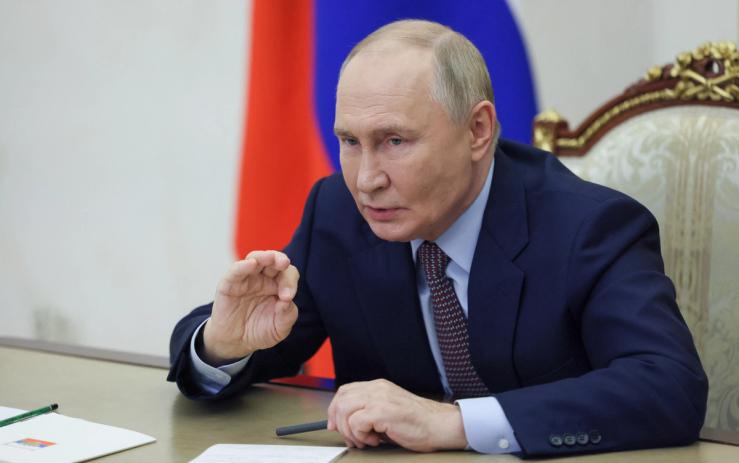The News
The US intelligence community has again expressed concern that foreign adversaries, including Russia and Iran, could potentially incite political violence around the Nov. 5 presidential election.
On Tuesday, the Office of Director of National Intelligence warned that Moscow had “created and amplified content alleging inappropriate activity” to malign Democratic Vice Presidential nominee Tim Walz. Officials have warned that such foreign antagonists will likely also encourage violent protests following the election.
Meanwhile, China has also been implicated in disinformation efforts, although these efforts appear to be particularly targeting local and state ballots.
SIGNALS
Beijing targets local elections, skirting scrutiny
US intelligence officials have repeatedly warned that China aims to sow discord ahead of the election. Many of Beijing’s apparent efforts involve spreading disinformation about hot-button issues, like immigration and racial justice, and using fake social media accounts to amplify those messages, experts told CNBC. Those efforts have targeted mostly local and state elections, rather than the presidential race, because “they receive far less scrutiny than national races,” the outlet added, and the influence campaigns can fly under the radar. These constitute more “insidious threats,” CNBC argued, as Beijing is also known to cultivate relationships with local politicians, such as by embedding agents in influential state administrations, as a means to indirectly influence the national political system.
Informing public of interference carries its own risks
How and when intelligence communities inform the US public about interference has considerable political implications. Those decisions are made more difficult when warnings from intelligence agencies are “no longer accepted at face value,” The New Yorker wrote, and threats are often “immediately spun for partisan advantage.” US agencies adhere to a formal protocol meant to depoliticize threat assessment that means the public are notified only if the threat meets certain criteria, but the process is highly secretive and mired by red tape. Tech giants like Microsoft have tried to fill the information gap with their own threat analyses, but private companies “can never speak with the authority of the government,” and lack the intelligence assets to fully assess any given situation, the outlet wrote.
Media literacy may be best defense against influence campaigns
Countries that have invested in media literacy have shown greater resilience to foreign influence campaigns. Since 2014, Finland has invested heavily into media literacy curriculums in direct response to Russian aggression. Taiwan, meanwhile, has assembled a cadre of highly-trusted fact-checking NGOs that worked to counter Chinese interference in the lead-up to the island’s presidential election earlier this year, according to the University of Nottingham’s Taiwan Insight hub. But these approaches may not see the same success in the US, according to The Economist, since such methods seem most effective “in a small country where there is a high degree of trust in the government and an obvious adversary.”



